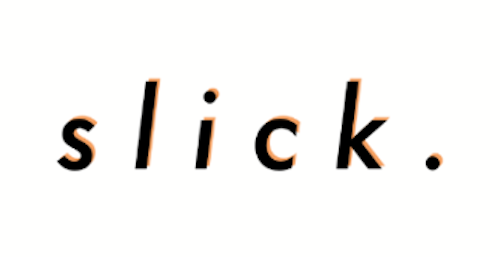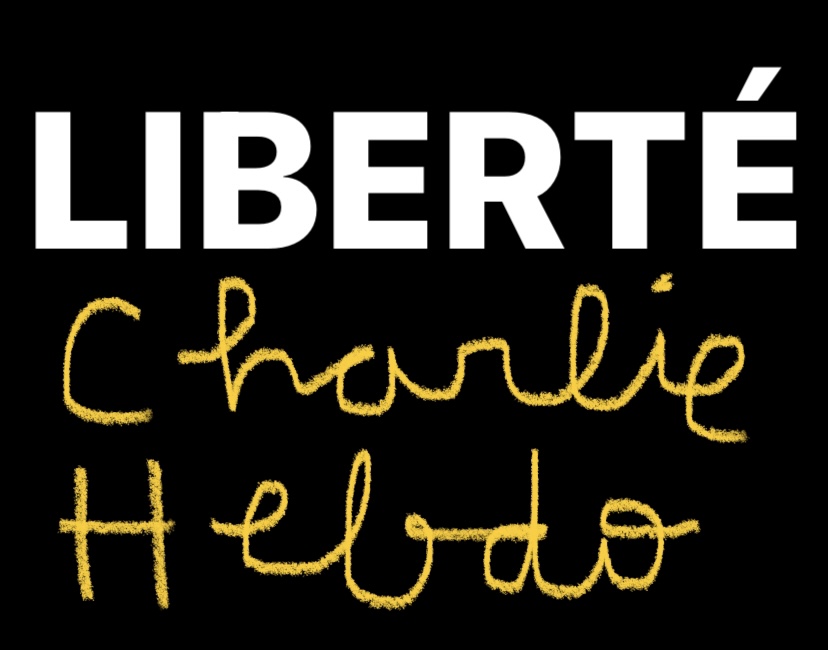Your donation will support the student journalists of Huntington Beach High School. Your contribution will allow us to cover our annual website hosting costs.
Thank you for supporting our program!
“Laïcité”
April 19, 2023
Freedom of expression and the right to use it are sacred concepts in France. This is because the country was founded under the ideas of the Enlightenment. France values not only liberty but the freedom of expression. In the last few decades, we have seen how violent attacks are growing, and even how terrorist acts have occurred in France due to this right being exercised.
The satirical magazine Charlie Hebdo, which focuses on criticizing the extreme right-wing and French nationalist groups who satires cultural and social facts has been in the media spotlight numerous times. Additionally, multiple protests and even murders have occurred against journalists and workers of the magazine.
After the world witnessed the protests in Iran, which began in September 2022 over the death of Masha Amini, Charlie Hebdo triggered a diplomatic crisis between France and Iran by calling for an illustration contest featuring Iran’s supreme leader.
This event rekindled the debate that France has been facing for many decades: is the right to freedom of expression compatible with the presence of religion?
The French population has a vindictive character and does not hesitate to take to the streets to claim their rights because of the values and ideals of freedom on which the republic was founded.
Secularization and “Laïcité”
In the late 18th and early 19th century, after the French Revolution, the secularist movement spread in France. The movement focused on ending the privileges and inequalities that favored the Catholic church over the rest of the country’s citizens.
The idea of secularization includes all public spheres, specifically all French governmental bodies. For example, French public education has been completely secular since 1882. This movement, although very present, was not formalized until the 1905 Constitution when church and state were officially separated. However, the word “secularism” was not explicitly included until the 1946 Constitution. Since then, France has been a completely secular country, which does not allow any religious or spiritual interference in the functioning of the state.
When understanding the idea of freedom and secularization in France, one must know the name Charlie Hebdo. Charlie Hebdo is a radical left-wing satirical magazine that criticizes through humor, and international political and socio-cultural events.
Charlie Hebdo is the result of a long tradition of French journalism that can even be dated back to Marie Antoinette.
Using methods such as caricatures and inflammatory titles that can become crude and obscene, Charlie Hebdo draws the attention of many readers. They incorporate any and all controversial topics into the newspaper such as discussing actions done by President Putin, the Iranian supreme leader, or even Queen Elizabeth II.
Growing Scandals:
Since its origin in 1970, the magazine has received a multitude of attacks by various social groups for the criticism that Charlie Hebdo publishes in relation to various current political issues.
In France, there have been many attacks on the publication. A well-known tragedy that drew international attention was the jihadist attack on the headquarters of the magazine in Paris, which killed 12 people and injured 11. This attack was carried out because the magazine had published a caricature of the prophet Mohammed on its cover. France has one of the largest Muslim communities in Europe with a total of 5.4 million people, meaning 8.88% of the French population is Muslim.
The publication of the cartoon provoked the brothers Saïd and Chérif Kouachi to attack the editorial office. This tragedy gave rise to the worldwide JE SUIS CHARLIE movement, a campaign reiterating protected freedoms of expression and press.
This is not the first attack that France and the magazine have faced. Since September last year, the whole world has witnessed strong protests in Iran over women’s freedom and the radical impositions of the supreme leader.
Charlie Hebdo called for a contest of drawings and cartoons referring to Iran’s supreme leader, and, of course, this caused unease between the two countries. The French research institute in Tehran closed its doors and the Ayatollah announced that this act would have consequences.
The question is, is religion compatible with freedom of expression, and is there a line to be drawn?

